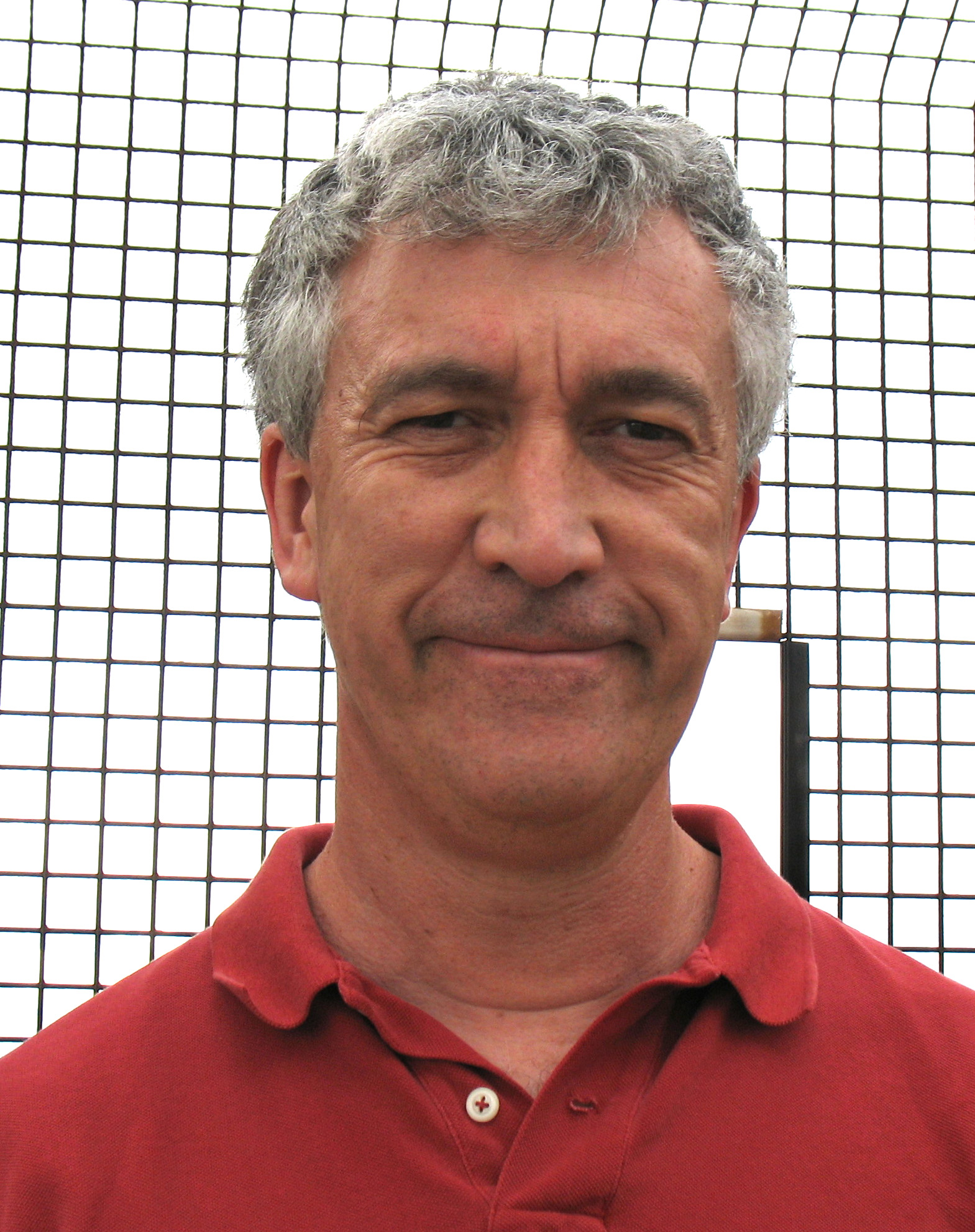Trevor Williams, Ph.D.

- Title
- Professor
- Department
- Department of Craniofacial Biology
- Institution
- University of Colorado, Denver
- Address
-
Mail Stop 8120, Anschutz Medical Campus
RC-1 South Bldg, 11th floor Rm 111, 12801 East 17th Ave - City, State, ZIP
- Aurora, CO 80045
- Phone
- (303) 724-4571
- [email protected]
- Website
- http://www.ucdenver.edu/academics/colleges/medicalschool/programs/Molbio/faculty/WilliamsT/Pages/WilliamsT.aspx

- Research field
- Molecular Biology
- Award year
- 1993
Research
Transcription factors are responsible for coordinating gene expression during cell growth and differentiation. Consequently, the inappropriate expression of these molecules can lead to metabolic diseases, developmental defects, and cancer. Our goal is to learn about these processes in the context of the AP-2 family of transcription factors: AP-2a, AP-2?, AP-2g, AP-2d, and AP-2e . We have shown that mice lacking the AP-2a gene die at birth and have major defects affecting the head and trunk. We have found that AP-2g knockout mice die prior to gastrulation, soon after implantation in the uterus. Delving deeper, we have discovered that AP-2g is needed solely in the extraembryonic tissues that give rise to the placenta and may control stem cell populations that are important for establishing maternal-fetal interactions. With respect to human disease, over-expression of the AP-2a and AP-2g transcription factors occurs in many breast cancer biopsies. This is an important observation since the AP-2 proteins can alter the expression of several genes linked with the progression of breast cancer, including ERBB2 and the estrogen receptor. We have now mimicked the human situation by generating transgenic animals that over-express AP-2a in the mouse mammary gland. Analysis of these transgenic animals indicates that the AP-2 proteins can act like tumor suppressors to inhibit cell proliferation. We are now generating mammary gland-specific knockouts of the AP-2 genes to gain further insight into their role into normal breast development and breast cancer.
Scholar Keywords
1993 Search Pew Scholars
- Jochen Buck, M.D., Ph.D.
- Maureen J. Charron, Ph.D.
- Robert C. De Lisle, Ph.D.
- Jan Erikson, Ph.D.
- Edwin L. Ferguson, Ph.D.
- Erol Fikrig, M.D.
- Manfred Frasch, Ph.D.
- Paul D. Gollnick, Ph.D.
- Shi Huang, Ph.D.
- Gary H. Karpen, Ph.D.
- Markus D. Meister, Ph.D.
- David Ron, M.D.
- Mark A. Saper, Ph.D.
- James L. Sherley, M.D., Ph.D.
- Jonathan S. Stamler, M.D.
- Michel Streuli, Ph.D.
- Rudolph E. Tanzi, Ph.D.
- Trevor Williams, Ph.D.
- Mark Winey, Ph.D.
- Sarah A. Woodson, Ph.D.